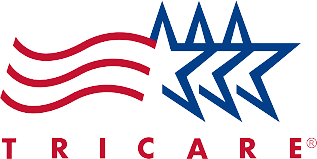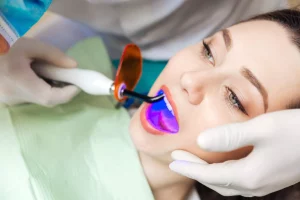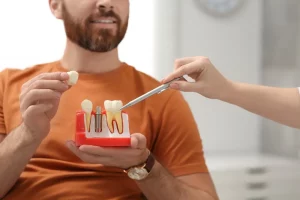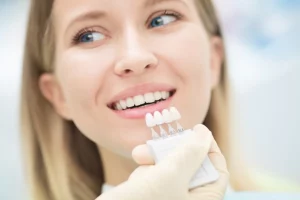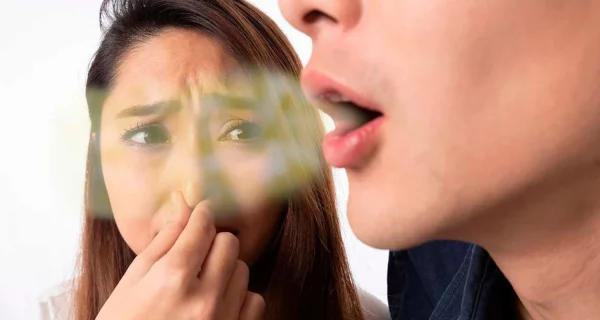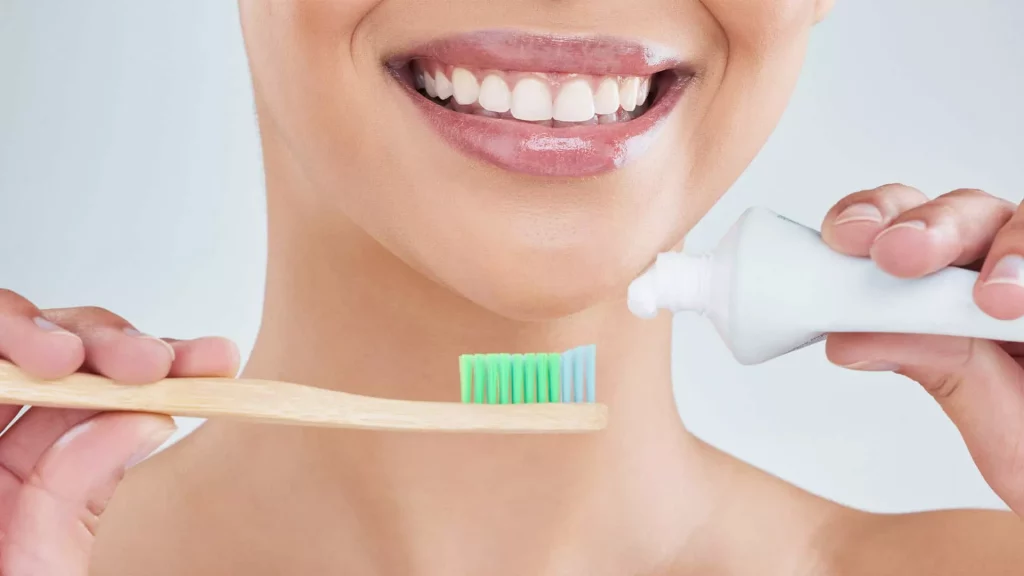Last Updated on: 12th December 2025, 07:58 am
Toddler dental health starts even before all teeth come in. Parents should begin cleaning their gums in the first months of life and brush their teeth as soon as the first tooth appears. With early care, healthy daily habits, fluoride protection, and regular dentist visits, children can keep strong teeth and a confident smile for life.
Many people believe that because primary teeth are temporary, it is not necessary to take care of them, although this is a very common mistake that many parents make.
The truth is that toddler dental health is just as important as permanent teeth dental care. During the first years, teeth, gums, and the jaw develop quickly. Healthy teeth help children chew food, learn to speak, and guide the correct growth of permanent teeth.
Let’s explore why they are important and how to care for them from the very beginning.
Table of Contents
ToggleWhen do toddler teeth erupt?
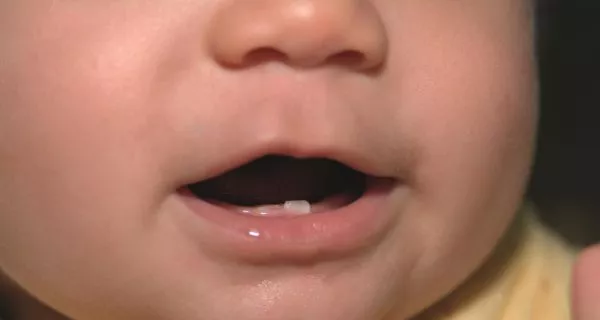
Many parents wonder about when the first teeth will appear. For toddlers, they are called baby or primary teeth, and usually follow a timeline:
- The lower front teeth (bottom central incisors) erupt between 6–10 months.
- The upper front teeth (top central incisors) erupt between 8–12 months.
- By age 3, most children have 20 primary teeth.
Toddler dental health is important even before the teeth show. Baby’s gums need to be cleaned to reduce bacteria and prepare the mouth for healthy teeth.
What are the best habits to protect toddler dental health?
Daily routines are really important for a toddler’s dental health. Babies can’t decide how to care for their teeth; thus, it’s mainly the responsibility of parents and caregivers.
Should my baby sleep with a bottle?
No, although it’s common:
- to fill bottles with milk, juice, or other sugary drinks.
- for babies to rely on the bottle to fall asleep.
This is very dangerous because:
- It increases the risk of cavities.
- Sugar stays on the teeth during sleep and feeds bacteria.
- It can cause a condition called baby bottle tooth decay, a type of cavity that affects almost all baby teeth.
If a bedtime bottle is really necessary, it should contain only water.
How do I brush my toddler’s teeth?
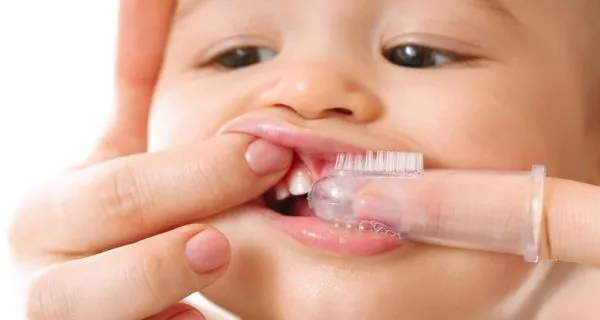
Brushing depends on your child’s age:
- Before teeth appear: Clean the gums and tongue with a soft, moist gauze. Milk from breastfeeding that stays on soft tissues can increase bacteria.
- After the first tooth appears: Use a soft-bristle baby toothbrush with only water.
- Around 18 months: You may introduce training toothpaste (fluoride-free, gentle flavors) until your baby learns how to spit.
- Around 3–4 years: Once your child can spit, start using a tiny amount of fluoride toothpaste, about the size of a grain of rice.
- Always brush for 2 minutes, twice a day, and supervise your child’s brushing.
The above steps are general guidelines. If your toddler has a high risk of cavities, your pediatric dentist may recommend fluoride toothpaste earlier.
Building this simple daily habit is one of the most powerful ways to protect toddler dental health.
Is breastfeeding helpful for oral development?
Yes, breastfeeding supports not only nutrition, but also your baby’s oral health. It helps with:
- oral, muscular, and jaw development.
- proper growth of the tongue and mouth muscles.
- reducing the risk of certain bite problems.
In short, breastfeeding helps make your baby’s whole mouth system stronger and healthier.
Which foods support strong teeth?
Nutrition has a strong effect on toddler dental health. During the first months, breast milk should be the only food, since it provides essential vitamins and supports the immune system.
After 6 months, start gradually introducing other foods. Focus on offering options that strengthen teeth and gums, such as:
- Calcium-rich foods: cheese, yogurt, milk.
- Protein with phosphorus: eggs, chicken, fish.
- Fruits and vegetables with vitamins A and C: carrots, sweet potatoes, oranges, apples.
Try to limit sugary snacks, cookies, and juice since they increase the risk of cavities. And remember that water is always the best drink.
How can parents prevent bacterial transmission?
Bacteria and infections can be passed from parent to child. To reduce this risk:
- Avoid sharing spoons, forks, or toothbrushes with toddlers.
- Do not blow on your child’s food to cool it.
- Avoid kissing toddlers directly on the mouth.
Simple actions like these keep bacteria from spreading and protect toddler dental health.
When should toddlers visit the dentist?
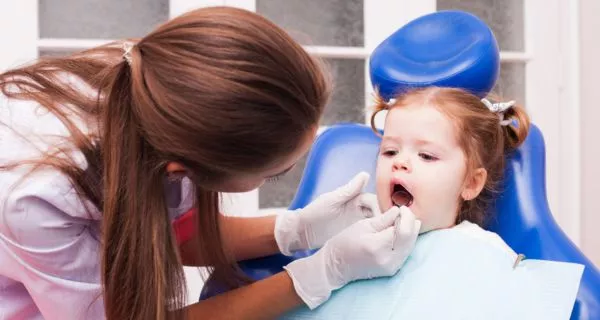
The first dental visit should happen after the first tooth erupts and before age 1. After that, follow-up visits are recommended every 6 months (at least twice a year).
These early visits are key to building healthy habits, detecting problems early, and preventing future complications.
What can a pediatric dentist detect early?
Regular check-ups allow the dentist to spot issues before they become serious, such as:
- small cavities or early signs of decay.
- gum inflammation or other soft tissue problems.
- misaligned teeth or jaw growth concerns.
- habits like thumb-sucking or prolonged pacifier use.
What do pediatric dentists teach parents?
Beyond early detection, the dentist also guides parents on how to care for their toddler’s teeth at home. Parents learn:
- how to properly brush and floss their child’s teeth.
- which foods strengthen teeth, and which ones should be limited.
- the safe use of fluoride at each stage.
- strategies to manage oral habits that affect dental health.
What preventive treatments can they provide?
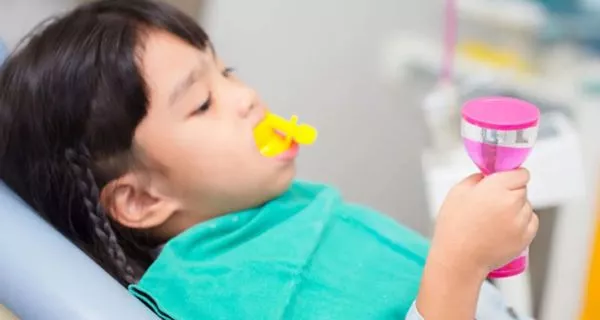
Early dental visits may also include treatments that protect teeth, such as:
- fluoride applications to strengthen enamel.
- sealants to protect molars from cavities.
- space maintainers, if a baby tooth is lost too early, help guide proper alignment.
How do early visits prevent future problems?
By combining education, early detection, and preventive care, pediatric dentists help children avoid painful, complicated treatments later in life. These visits also:
- reduce dental anxiety by making the dentist a positive experience.
- encourage lifelong healthy habits.
- protect children with special needs or higher cavity risks with tailored care.
In short, taking your toddler to the dentist early sets the foundation for a healthier smile and fewer dental problems in the future.
At Channel Islands Family Dental Office in Oxnard, Port Hueneme, Ventura, Santa Paula, and Newbury Park, we make children feel comfortable and safe during their visits.
What are easy and practical tips for toddler dental health?
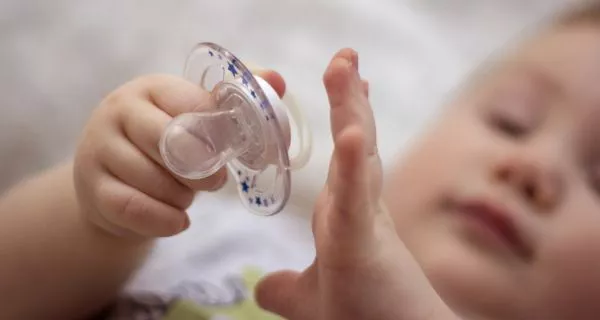
Taking care of toddler dental health can feel challenging, but simple daily steps make a big difference. Here are some easy and practical tips that could help your baby’s teeth.
How can I clean my toddler’s teeth and gums?
- Clean gums with a soft cloth before teeth erupt.
- Begin brushing as soon as the first tooth appears.
- Introduce fluoride toothpaste when your child can spit.
- Make toothbrushing fun with songs, timers, or games.
What habits should I avoid at home?
- Avoid bottles with juice or milk during sleep.
- Offer only water between meals.
- Encourage toddlers to drink from a cup by age 1.
- Limit pacifier use after 18 months.
- Avoid thumb-sucking beyond toddler years.
What foods support strong teeth?
- Teach toddlers to choose water instead of soda or juice.
- Provide a balanced diet with calcium, proteins, and vitamins.
- Breastfeed when possible for oral and general health.
Children copy their parents, so try to give them a model of good oral hygiene. These small steps create strong, long-term habits that protect toddler dental health and prepare your child for a lifetime of healthy smiles.
How can I ensure my toddler’s dental health for life?
The habits you build now will last a lifetime. Protecting toddler dental health prevents cavities, supports proper speech and growth, and helps build confidence.
Schedule your child’s first dental visit at Channel Islands Family Dental Office in Oxnard, Port Hueneme, Ventura, Santa Paula, or Newbury Park and give them the best start for a healthy and happy smile.
Frequently Asked Questions (FAQ)
Voice Search Snippets (Q&A)
References
1. CDC. (2024, May 15). Oral health tips for children. https://www.cdc.gov/oral-health/prevention/oral-health-tips-for-children.html
2. Coelho, S. (2022, July 29). Baby teeth timeline: What to know. https://www.medicalnewstoday.com/articles/baby-teeth-chart
3. Mark, A. M. (2018). Your child’s teeth. JADA. https://jada.ada.org/article/S0002-8177(18)30788-8/fulltext
4. MouthHealthy. Babies and kids. (n.d.). Oral Health Information From the ADA. https://www.mouthhealthy.org/life-stages/babies-and-kids
5. Rughani, R., & Ondhia, A. (2023). They’re not “just baby teeth.” BDJ Team, 10(1), 10–13. https://doi.org/10.1038/s41407-023-1709-5





